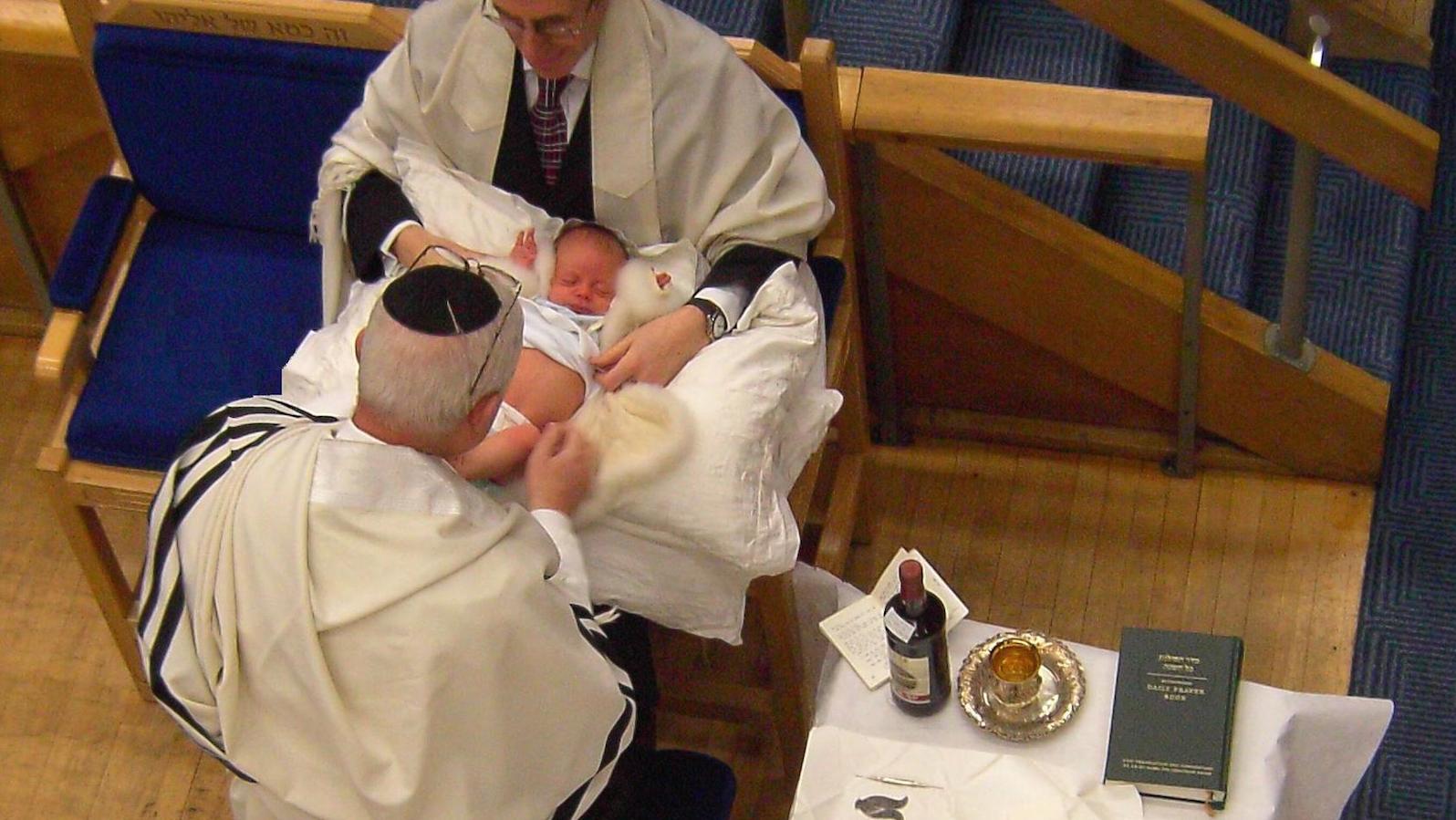Commentary on Parashat Tazria, Leviticus 12:1 - 13:59
The Lord spoke to Moses saying, “Speak to the Children of Israel regarding the rituals concerning childbirth of a boy. The mother shall be in the state of uncleanness for seven days. Upon the eighth day the flesh of a male baby’s foreskin is to be circumcised. For thirty-three days, the mother shall be in a state of purification and may not be in contact with any holy thing or area.
“If a girl is born, the mother remains unclean for two weeks, and for sixty-six days she will be in a state of purification. At the end of this time, she is to make offerings at the Tent of Appointed Meeting.”
God then spoke to Moses and to Aaron, saying, “When a person has a swelling, rash, burn, scaly eruption discoloration, or any other kind of distortion of the skin, it shall be reported to Aaron the priest or to one of his sons. The priest shall examine the skin for the contagious disease of leprosy and pronounce the person clean or unclean.
“As for the person with leprosy, the person’s clothes shall be torn, his head shall be disheveled and he shall cover over his upper lip and shall call out, ‘Unclean, Unclean!’ The person shall be unclean as long as the disease is on him. Being unclean, he shall dwell apart. The leper’s dwelling shall be outside the camp.”
With your help, My Jewish Learning can provide endless opportunities for learning, connection and discovery.
“The clothes touched by leprosy must also be examined by the priest and declared clean or unclean. The clothes which are capable of being made clean may be washed until they are fully clean, but that which is unclean must be burned in fire.”
Parashat Tazria Discussion Questions
1) Why is the mother in a state of purification after childbirth? Why is the amount of time for this state of purification longer for a mother who gave birth to a girl rather than a boy?
2) Why would God be so concerned about leprosy?
3) How do you think the people who had the disease of leprosy felt when they were banished to live outside the camp?
4) When you get sick, do you feel unclean? When you are sick, how do you feel towards God?
Reprinted with permission from Jewish Family & Life!



